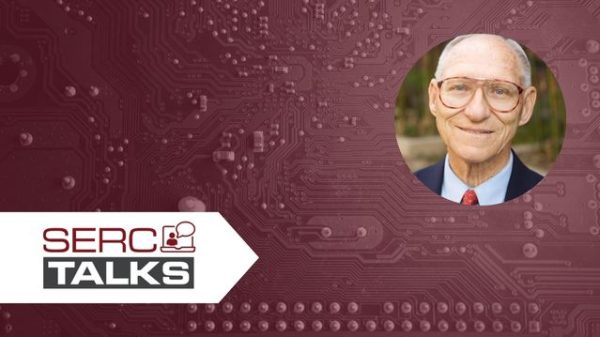
SERC TALKS: How to Query, Qualify and Quantify the Qualities Quagmire?
Aug 8, 2018 1:00pm - 2:00pm

Details
Event
SERC TALKS: How to Query, Qualify and Quantify the Qualities Quagmire?
- Start Date
- August 8, 2018 @ 1:00 pm
- End Date
- August 8, 2018 @ 2:00 pm
- Event Link
- http://www.sercuarc.org/serc-talks/
Venue
- Address
Organizer
Systems Engineering Research Center (SERC)
- serc@sercuarc.org
- Website
- http://www.sercuarc.org/
